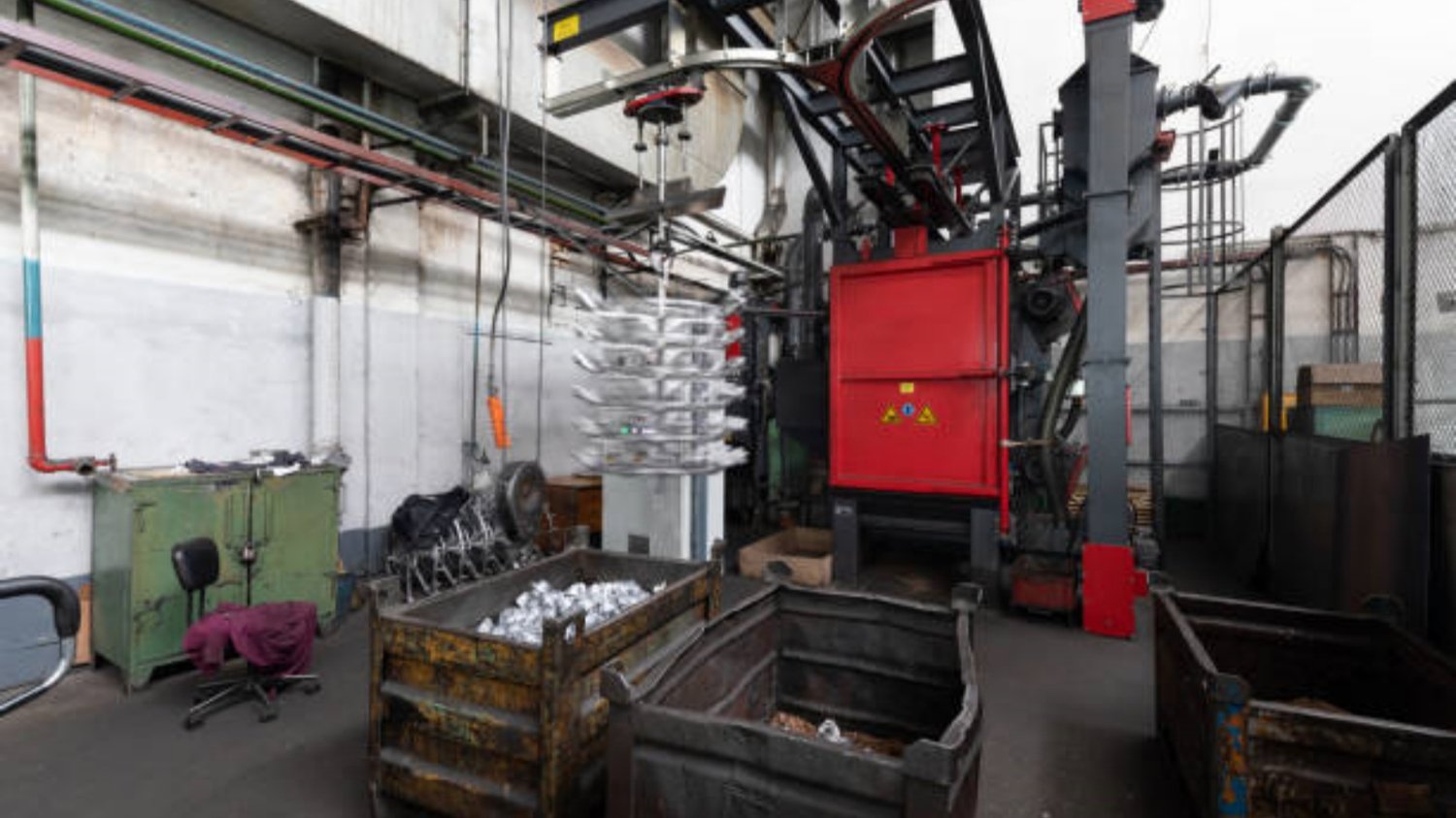Introduction
Roll forming is a metalworking process used for shaping sheet metal into desired cross-sectional profiles. Roll forming machines are used for this process and they've become an integral part of the metalworking industry. This article aims to explain the function and importance of roll forming machines.
Function of Roll Forming Machine
The primary function of roll forming machines is to convert flat metal sheets into a variety of shapes with a uniform cross-sectional area. In roll forming, a metal strip passes through a series of rollers, each of which bends the metal into a specific shape. These rollers are positioned in a sequence that produces the desired shape for the metal profile being manufactured. Roll forming machines can produce a wide range of shapes, such as open and closed profiles, channels, angles, and tubes.
Types of Roll Forming Machines
Roll forming machines come in different types depending on the specific function they perform. Some common types of roll forming machines include:
- Single-stage roll forming machines: These machines have a single set of rollers and are used for simple profiles such as rectangular tubes.
- Two-stage roll forming machines: These machines have two sets of rollers, the first for the primary shape and the second for secondary shaping. They are used for more complex shapes such as C-channels and Z-profiles.
- Continuous roll forming machines: These machines have a continuous process of feeding the metal strip and forming it into the desired shape. They are used for longer profiles, such as roofing and siding panels.
Advantages of Roll Forming Machines
Roll forming machines offer several advantages in the metalworking industry:
- Cost-effective: Roll forming machines are cost-effective because they use less raw material and produce a high volume of uniform profiles.
- Customization: These machines can be customized to produce a wide range of shapes and sizes.
- High-speed production: Roll forming machines have high-speed production capability, making them ideal for large-scale manufacturing.
- Reduced lead time: Because roll forming machines produce finished profiles directly from raw material, there is reduced lead time in the manufacturing process.
Applications of Roll Forming Machines
Roll forming machines have many applications in the metalworking industry due to their versatility and cost-effectiveness. Here are some common applications:
- Roofing and siding panels: Roll forming machines are used to produce roofing and siding panels used in residential and commercial buildings.
- Automotive industry: Roll forming machines are used to manufacture parts in the automotive industry, such as seat rails and bumpers.
- Construction industry: These machines are used in the construction industry to produce various profiles needed for construction work, such as window frames, HVAC ducts, and door frames.
Factors Affecting Roll Forming
Various factors can affect the roll forming process:
- Material properties: The properties of the metal being shaped can affect the roll forming process, such as hardness and thickness.
- Roller design: The design of the roller determines the final product and affects the quality of the surface finish.
- Roll forming machine condition: Regular maintenance of the roll forming machine ensures that it operates at optimum levels and that unexpected downtime is minimized.
Maintaining Roll Forming Machines
To maintain optimal performance of a roll forming machine, regular maintenance is essential. The following are some maintenance tips:
- Inspect and clean the machine daily.
- Verify the tightness of fasteners and lubricate the rollers and bearings.
- Replace any worn-out parts as soon as possible.
- Follow the manufacturer's guidelines for maintenance and operation.
Conclusion
Roll forming machines are vital in the metalworking industry and have many applications. They offer several advantages from cost-effectiveness to customization capability. Regular maintenance is crucial for their optimal performance.

